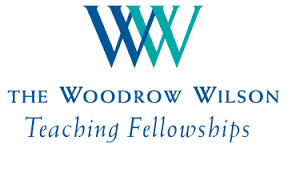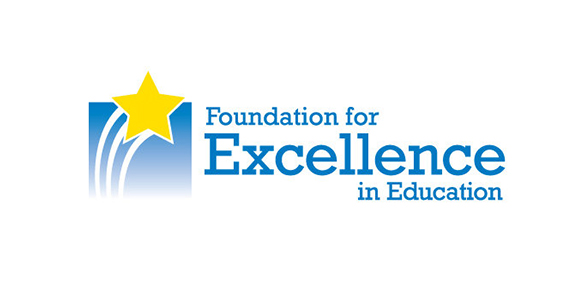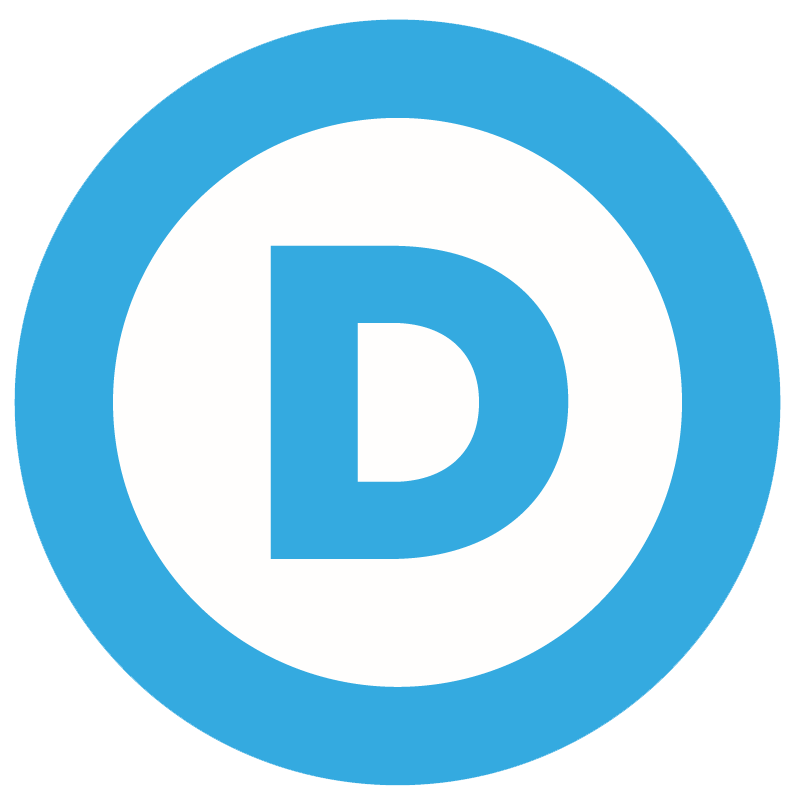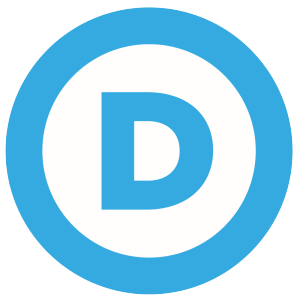
I recently had the privilege of meeting Dr. Arthur Levine, the sixth president of the Woodrow Wilson Foundation, at the 2015 PA Business Conference. Dr. Levine shared with me about his work at the Foundation which aims to increase the number of quality STEM teachers by working at the state and local level.
The Wilson Foundation was founded in 1945 as a response to “a shortage of college faculty at the conclusion of World War II by offering talented students the opportunity to attend doctoral programs and begin college teaching careers.” The Teaching Fellowship began in 2007 in the state of Indian and has expanded to Michigan, Ohio, New Jersey, and most recently Georgia. This fellowship has a two-fold goal: 1): increase the quantity of math and science teachers particularly in urban and rural settings and 2): to improve the quality of university-based teacher education.
I appreciate the excellent structure Fellowship program. Fellows are given money towards university tuition (masters degree) and in exchange make a commitment to teaching for at least three years in high-need areas within the state where they studied. The program matches these teachers with participating local schools and gives them intense mentoring from a mentor from the school in which they are teaching and a mentor from the university where they completed their master’s degree.
This program is remarkably effective. For example, in Indiana, the Foundation is producing 80 Fellows annually which is an increase of certified teachers by more than 30%. In addition, because the program develops strong ties with individual universities and schools at a local level, the program creates a sustainable impact on teacher education and teaching in each state.
A comprehensive assessment of the program also speaks to the success of the program. The assessment found that after the required three years, “Fellows have an 81%Â retention rate in high-need schools. They are 1.9 times more likely to remain teachers than their peers. Achievement among their students is three to four months ahead of peers.”
Dr. Levine is leading a fantastic program and the model that Woodrow is based on is one worth studying and emulating. Change at the local and state level is not only more efficient, but it is also more cost-effective. The teaching fellowship, by its very design, is built for long-lasting effect.
To read more about the Wilson Foundation, visit their website. To learn more about the teaching fellowship specifically, click here.








